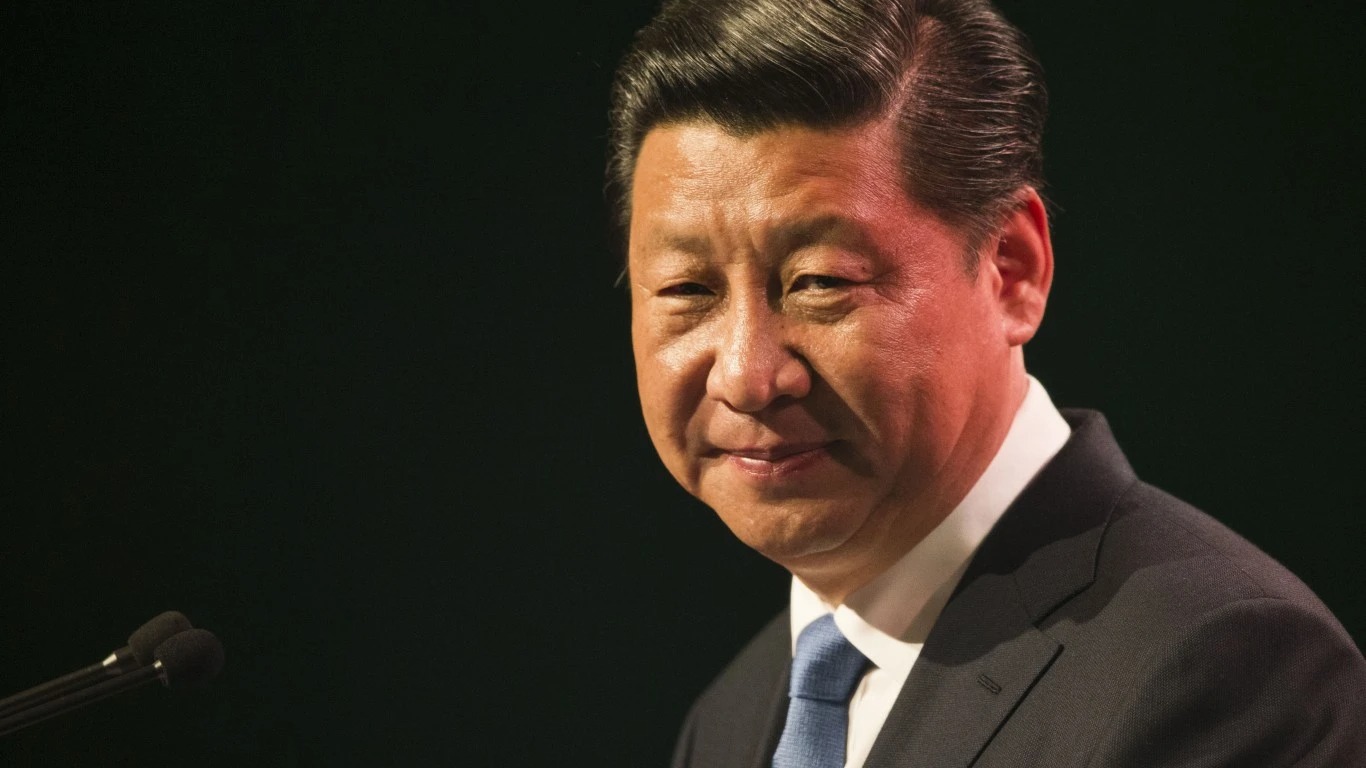
Hong Kong stocks have taken a hit as protests against China’s zero-tolerance approach to Covid-19 continue to find momentum and spread to more regions inside the country. Hong Kong’s benchmark Hang Seng Index, which is dominated by Chinese stocks, closed its first trading day of the week in the red, down by 1.57%.
Hong Kong’s Equity Market’s November Rally
Hong Kong delivered exceptional gains in the first half of November, even entering a bull market by some definitions. The city’s benchmark Hang Seng Index gained around 25% in the first 15 days of November, clearing the 20% hurdle that is traditionally used to define a bull market.
The sharp rally came after the index hit its lowest level since April 2009 in late October, and gathered steam as speculations that China is starting to shift away from its strict zero-Covid policy started spreading. Specifically, the Chinese government’s move to ease pressure on the property sector and the vows by policymakers that growth was still a priority gave investors reason for optimism.
Notably, Hang Seng has been unconventionally volatile this year, suggesting that investors are not certain about changing policies. So far this year, there have been 25 trading days in which the benchmark gained or lost more than 3%, compared to just six days for the whole of last year.
Furthermore, the index has surged as much as 9.1% in a single day this year, and tumbled by as much as 6.4% on another day. Daniel Blake, Asia and emerging-markets strategist at Morgan Stanley, said this shows growing uncertainty among investors.
“It shows there’s an incredible level of uncertainty over policy outcomes, and what they could mean for the profitability of Chinese companies. The Wall Street bank expects the Hang Seng Index to rise 13% by December next year—but in its bear case scenario, the benchmark could fall 24%.”
China Covid Protests Spread to Major Cities
Over the weekend, protests against strict Covid measures in China gathered steam and spread to the biggest cities. According to BBC, protestors have gathered in the capital Beijing and the financial hub Shanghai, holding up blank pieces of paper to show their dissatisfaction.
As per the report, some demonstrators have even called for President Xi Jinping to step down, which is pretty unusual since any direct government criticism can result in harsh penalties. The protests come as millions of Chinese residents have been affected by nearly three years of mass testing, quarantines, and lockdowns.
China’s zero-COVID policy is an attempt to prevent any community spread of the coronavirus by requiring cities to enter strict lockdowns as soon as a handful of cases are reported. While the measure can be efficient in preventing the spread of the virus, it has proved to be detrimental to the economy.
China’s long lockdowns in major cities have led to suspended operations in factories, businesses, and schools, slowing the country’s overall economic growth to a crawl. Tighter COVID measures have halted the industry, leading to massive declines in new business and employment.
In Shanghai, China’s biggest city and a global financial hub, people were heard openly shouting slogans such as “Xi Jinping, step down” and “Communist party, step down” during Saturday night’s protest. Such remarks, which are highly unusual in China, show increasing discontent towards the country’s zero-Covid approach.
Meanwhile, the latest protests have led to losses for Hong Kong stocks. The Hang Seng index, which had already given up some of its recent early November gains, shed as much as 4% at the open. However, by the end of the trading day, the index managed to trim losses, down by 1.57% at the close.
This article originally appeared on The Tokenist
Sponsored: Tips for Investing
A financial advisor can help you understand the advantages and disadvantages of investment properties. Finding a qualified financial advisor doesn’t have to be hard. SmartAsset’s free tool matches you with up to three financial advisors who serve your area, and you can interview your advisor matches at no cost to decide which one is right for you. If you’re ready to find an advisor who can help you achieve your financial goals, get started now.
Investing in real estate can diversify your portfolio. But expanding your horizons may add additional costs. If you’re an investor looking to minimize expenses, consider checking out online brokerages. They often offer low investment fees, helping you maximize your profit.






